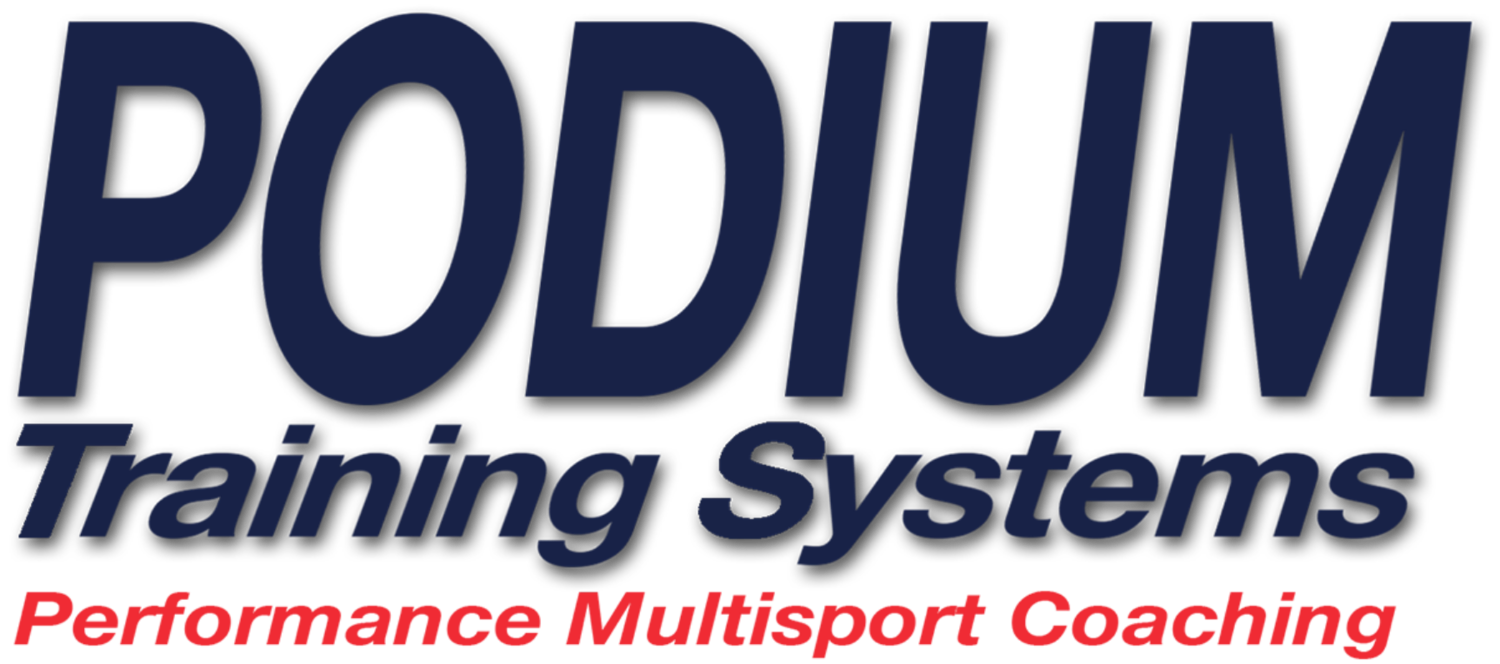Not long ago, a couple individuals I know were commenting on recent training sessions they had done. I was surprised to hear that they were doing workouts with the philosophy and prescription that was common 10 years ago. In one instance they did a 5+ hour ride followed by a 2 hour run.
Were their coaches building a plan that takes into consideration how much volume the athlete can do, instead of what they can recover from? Sure, you might be able to do the above-mentioned workout. But if it takes you three days to recover from it, and you’re unable to properly train in the following days, then the prescription was wrong.
I thought I’d see what the triathlon club and coaches that these athletes were engaged with were all about.
"Elite level triathlete", “Professional triathlete”, “Kona Qualifier”.
Impressive credentials to be sure.
However, those descriptions are for the coaches – not their athletes.
Because an individual has "done the distance" or "used to be a pro"….this is, unfortunately, how people sometimes choose a coach.
By that same logic, since I’ve had my ankle repaired – I had a plate and screws inserted - you should be perfectly comfortable with me operating on your ankle. It’s an exaggeration, of course. But you get my point.
Just because someone was a pro or elite athlete doesn’t mean they can turn that around and apply sound training philosophies to someone else. I’m not saying it can’t happen. There are great coaches out there that used to perform at the top level that I completely respect.
But that shouldn’t be your single determining factor.
It's not hard to throw volume at someone and build the endurance to finish an Ironman. Really, it's not. But, creating a plan that builds endurance while incorporating quality and intensity to reduce the effects of the physiological limiters of the athlete.
A plan that provides improvements in economy – all while ensuring that periodization is dialed in. This is what you need to see.
So how do you choose a coach?
Interview them. Ask them to describe how they work with current athletes doing similar distances to what you’re looking to do. Talk about volume – yes, you do need endurance for longer distance events. But ensure they work on speed, speed endurance, and race specifics as well.
Perhaps ask them to describe how they would incorporate recovery and adaptation weeks. Are they going to do benchmark testing to determine your aerobic or anaerobic limiters? How, and how frequently? What kind of improvements have they provided their current athletes?
The list goes on.
But you need to be sure that what you’re getting is tailored to you. Understanding physiology, periodization, the limiters and strengths of the athlete, and how to remediate those limiters without diminishing their strengths, is what makes a good coach.

